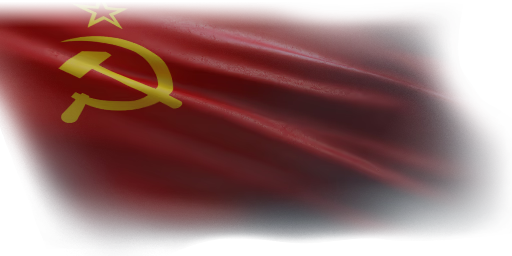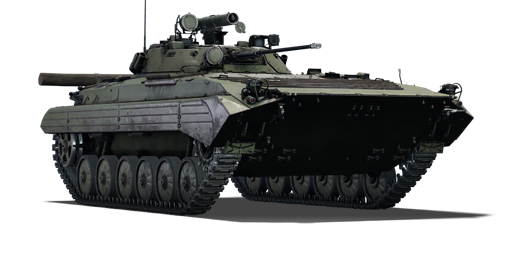The BMP-2 is a Soviet IFV designed with the intent of overcoming the shortcomings of its predecessor, the BMP-1. The BMP-2 was developed in the late 1970s and quickly became one of the most widely used infantry fighting vehicles in the world. It featured improved firepower, enhanced protection, and an improved fire control system compared to the BMP-1. As one of the most versatile IFVs of its time, the BMP-2 was equipped with a 30 mm automatic cannon and anti-tank guided missiles, making it highly effective against both armoured and infantry targets. Its amphibious capabilities further increased its tactical advantage on the battlefield. Several nations adopted the BMP-2 as a result of its success, and subsequent variants like the BMP-2M allowed for a multi-decade service life extension.
The BMP-2 was introduced in Update 1.81 "The Valkyries". Its primary armament is the 30 mm 2A42 autocannon, which can effectively deal with light vehicles, tanks, and even helicopters. Additionally, the BMP-2 is equipped with a launcher capable of firing 9M113 Konkurs ATGMs, making it a potent threat against enemy tanks at range. It is best used as a support vehicle due to its versatility and ability to engage multiple types of targets. However, it does have some limitations, as its armour protection may prove insufficient against calibres larger than 12.7 mm, while its mobility may fall short compared to some peers in its class, which can limit its effectiveness in certain situations. Nonetheless, with proper positioning and teamwork, the BMP-2 can be a valuable asset on the battlefield.















